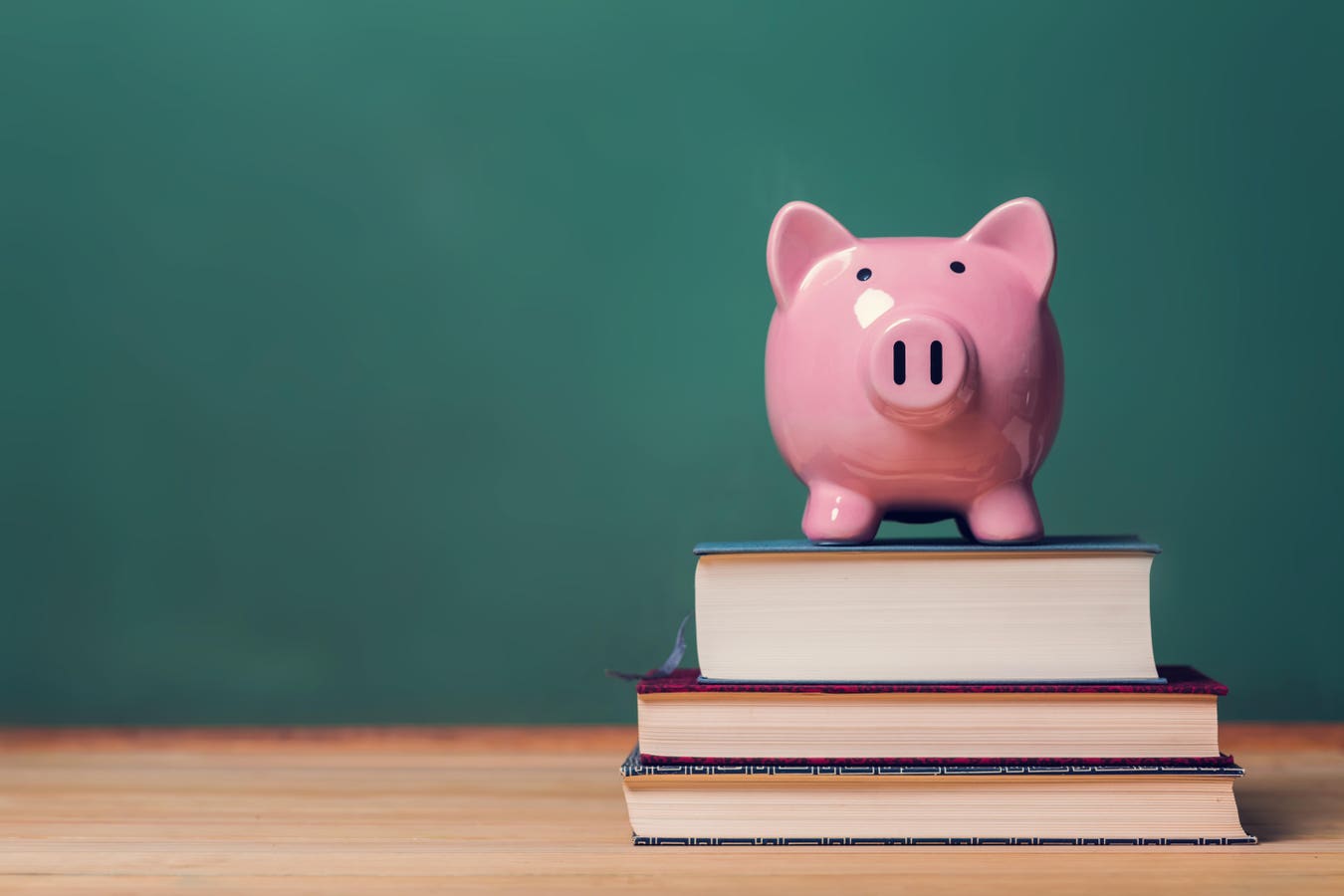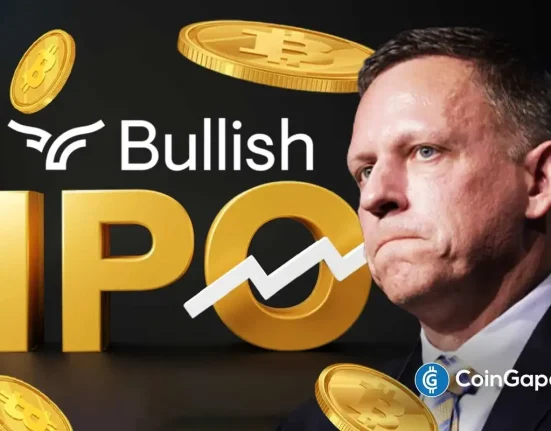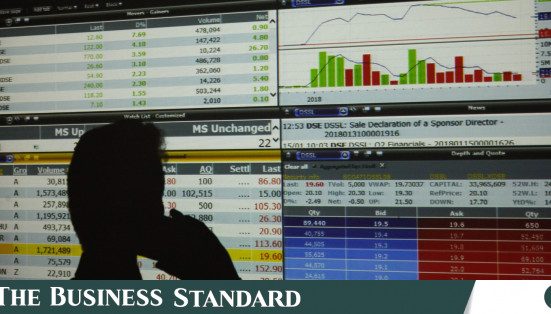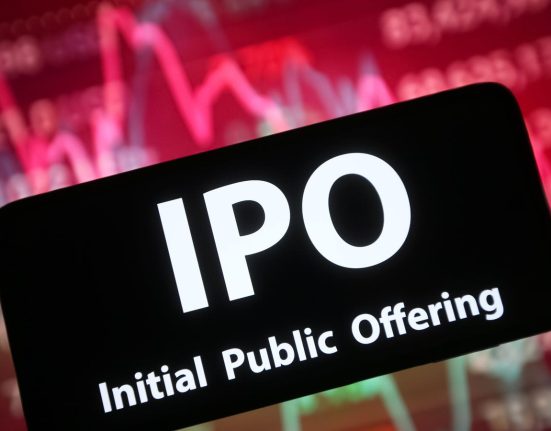The best finance books not only help the reader with the steps to identify winning stocks or avoid … More
Finance books can run the gambit from introductory works which explain basic budgeting concepts to in-depth tomes on hyper-specific types of options trading. This article includes many of the entry-level finance books you may have heard of in passing on investing or budgeting, as well as more complex works on growth investing and global finance. Regardless of your knowledge level, you’ll find a new book which can help you in your financial journey whether you’re trying to get out of debt, explore financial history, or learn a new investing system.
16 Top Finance Books
The following books were chosen for their clarity, range of shared expertise and proven insights. From personal finance to investing strategies, each book shares unique strategies for you to enhance your financial systems. As you read these books, you’ll continue to unlock new insights and discover other books which make you a better investor and more competent in finance and life.
1. The Millionaire Next Door by Thomas J. Stanley and William D. Danko
This 1996 book by marketing professors reveals the habits of America’s millionaires based on decades of research. This work teaches that despite their wealth, millionaires often live well below their means, avoid debt and build wealth over the course of their lives. This book introduces and compares the concept of Prodigious Accumulators of Wealth (PAWs), who accumulate wealth far beyond their age and income, with Under Accumulators of Wealth (UAWs), those who under-accumulate against wealth benchmarks.
Who should read this?
Those interested in learning the ever-relevant habits needed to build long-term wealth.
Where can you read/rent/buy this book?
2. Rich Dad Poor Dad by Robert T. Kiyosaki
This 1997 book by Robert Kiyosaki, an entrepreneur, compares two mindsets on money: the Rich Dad who is an entrepreneurial thinker with the Poor Dad, the conventional careerist. This popular work shares strategies on financial literacy, how to accumulate assets rather than liabilities, and how to earn passive income. One of Kiyosaki’s main lessons is that the reader should buy income-generating assets rather than liabilities, even if the liability may look like an investment.
Who should read this?
Finance beginners who want to learn unintuitive perspectives on work, money, and investing.
Here’s where can you read/rent/buy this book?
3. Your Money or Your Life by Vicki Robin and Joe Dominguez
This 1992 book by Vicki Robin, a social innovator, and Joe Dominguez, a financial analyst, provide a foundation for how to achieve financial independence and live more intentionally. One exercise popularized from the book is tracking every dollar spent and connecting expenses to spent “life energy.” The work also provides a comprehensive program to challenge and reevaluate your relationship with money.
Who should read this?
Those interested in budgeting, frugal living and achieving financial freedom.
Where can you read/rent/buy this book?
4. The Intelligent Investor by Benjamin Graham
This foundational 1949 work on investing was written by Benjamin Graham, an economist and professor provides an introduction to value investing, a strategy where investors purchase assets at a lower price than their intrinsic value. This book explains intrinsic value, or the true value of an asset, as well as Mr. Market, the personification of the market as a business partner who is daily driven by differing emotions. The Intelligent Investors provides countless useful lessons for investors especially maintaining emotional discipline and maintaining a margin of safety as loss protection.
If you’re interested in other books like The Intelligent Investor, read more about the best investing books.
Who should read this?
Novice or intermediate investors who want to better understand the market, how to choose the right assets to invest in and learn essential investing principles.
Where can you read/rent/buy this book?
5. The Psychology of Money by Morgan Housel
This 2020 book by financial journalist and partner at Collaborative Fund, Morgan Housel, explains how psychology rather than pure quantitative reasoning explains financial decisions. Like other books on this list so far, Housel encourages humility, patience, and adaptability as virtues when it comes to how you use money. Another key lesson is that financial success is tied more to behavior than intelligence.
Who should read this?
Readers who want to learn more about how psychology and behavior affect finance.
Where can you read/rent/buy this book?
6. Broke Millennial by Erin Lowry
Erin Lowry, a personal finance expert, explains in her 2017 work how the millennial generation are currently and should navigate financial decisions. She navigates topics like splitting rent, how to manage money and relationships, and how to avoid lifestyle inflation. Lowry creatively teaches with “real talk” as well as quizzes to keep the book engaging and instructive.
Who should read this?
Millennial and Gen Z readers who are starting their financial journey.
Where can you read/rent/buy this book?
7. Common Stocks and Uncommon Profits by Philip Fisher
This seminal 1958 work by the founder of growth investing explains how to analyze company fundamentals and invest in stocks for growth. Fisher provides a 15-point checklist to evaluate the quality of a company and its long-term growth potential. The book explains the utmost importance of company management quality and competitive advantages which will enhance the chance of success.
Who should read this?
Investors who are interested in fundamental analysis and want to learn about another investment approach.
Where can you read/rent/buy this book?
8. The Simple Path to Wealth by JL Collins
This 2016 book by FIRE movement writer, JL Collins, offers a simple approach to financial independence through passive investing and financial simplicity. This book is a classic in the FIRE, or financial independence, retire early, community. Collins encourages readers to avoid debt, be as frugal as possible, and invest in VTSAX, Vanguard’s total stock market index fund.
Who should read this?
Those who wish to attain FIRE or simplify their approach to financial management.
Where can you read/rent/buy this book?
9. The Total Money Makeover by Dave Ramsey
Dave Ramsey, a personal finance educator, wrote his 2003 bestselling book to provide a simple strategy to get out of debt and build wealth. In The Total Money Makeover, Ramsey lays out his “7 Baby Steps” which include steps like saving $1,000 as an emergency fund, paying off debt and investing for retirement. Ramsey also encourages avoiding credit cards universally, not taking out car loans and using a zero-based budget, ensuring every dollar of income is accounted for expenses when you earn it.
Who should read this?
Readers seeking a path for paying off debt and growing their net worth.
Where can you read/rent/buy this book?
10. Think and Grow Rich by Napoleon Hill
Napoleon Hill, self-help expert and advisor to Andrew Carnegie, wrote this 1937 classic to help explain the link between mindset and financial success. Hill encourages readers to have clarity of purpose, be persistent, practice autosuggestion or self hypnosis where the practitioner changes their self-talk to achieve more. This book has been influential to many business leaders and has sold over 15 million copies.
Who should read this?
Readers who wish to achieve financial success through mindset changes.
Where can you read/rent/buy this book?
11. The Big Short by Michael Lewis
This 2010 work by financial journalist Michael Lewis provides a compelling history of the history of the 2008 financial crash and the investors who saw the crash coming and profited from it. This book explains complex financial concepts for the layperson in an engaging way and provides a better understanding of the factors which led to the crash. In particular, Lewis delves into the fragility and irrational recklessness of the financial system before the crash.
Who should read this?
Readers who want an approachable and captivating investigation into the 2008 crash and the strategies of the traders who profited from it.
Where can you read/rent/buy this book?
12. The Black Swan by Nassim Nicholas Taleb
The Black Swan, a 2007 book by statistician and former trader, Nassim Nicholas Taleb, explores how people misunderstand risk and the effects of black swan events which are truly unpredictable and rare events. Taleb combines studies in philosophy, finance, history and probability to evaluate these events and how to better manage uncertainty. A key lesson is Taleb’s warning against excess confidence in economic models, forecasts and experts.
Who should read this?
Investors who wish to better understand uncertainty and challenge their own biases.
Where can you read/rent/buy this book?
13. Misbehaving by Richard H. Thaler
This 2015 work by a Nobel Prize-winning economist and University of Chicago professor charts the rise of behavioral economics and how real-world behavior doesn’t follow traditional finance models. The book contains both academic economic insights as well as real stories of how people don’t follow logical behavior in finance. Thaler explains the main breaking points between economic models and how humans behave as well as how this behavior can be predictable.
Who should read this?
Those interested in behavioral economics and the psychology which underlies financial decisions.
Where can you read/rent/buy this book?
14. The Death of Money: The Coming Collapse of the International Monetary System by James Rickards
James Rickards, an economist and former U.S. government advisor, provides a stimulating description of global finance, how currency collapse looks and economic warfare in his 2014 book. This work provides extensive historical analysis, explanation of geopolitics and monetary theory for a big picture look at global macroeconomic instability. Rickards provides unconventional analysis investigating financial systems and their vulnerabilities which will be captivating for those interested in economics and foreign affairs.
Who should read this?
Readers who are interested in economic history, the financial risks our economic order faces, and currency policy.
Where can you read/rent/buy this book?
15. What I Learned Losing a Million Dollars by Jim Paul and Brendan Moynihan
This 1994 work by Jim Paul, a former trader, and Brendan Moynihan, a managing director at Marketfield Asset Management, provides a narrative of how psychological mistakes like ego and emotion can wreck trading success. The authors explain that while there are many ways to make a fortune, the ways to lose a fortune are the same. Rather than shying away from the vulnerability of financial mistakes, this book provides a raw tale of financial loss and how better decision making and emotional control can prevent this same fate.
Who should read this?
Investors who want to understand the psychology of loss and risk management, and avoid emotion-driven mistakes.
Where can you read/rent/buy this book?
16. The Little Book of Common Sense Investing by John C. Bogle
This 2007 quick read by the founder of Vanguard and father of index fund investing advocates for most investors to choose low-cost index funds as their primary strategy rather than stock picking or actively-managed mutual funds. Bogle uses copious data to explain that beating the market is impossible for most people and they would be better served passively investing in the market. Bogle’s book spawned the passive investing movement which has many more advocates today, even in the professional finance community.
Who should read this?
Readers who are seeking a simple but effective set-it-and-forget-it investing strategy.
Where can you read/rent/buy this book?
Bottom Line
The best finance books not only help the reader with the steps to identify winning stocks or avoid risk, they help shift your mindset and habits, and influence other aspects of your life, as well as your financial life. Whether you’re interested in learning unconventional strategies for earning returns, reducing debt, planning for unexpected economic events, or streamline your investing strategies, there’s books in this article for you.







